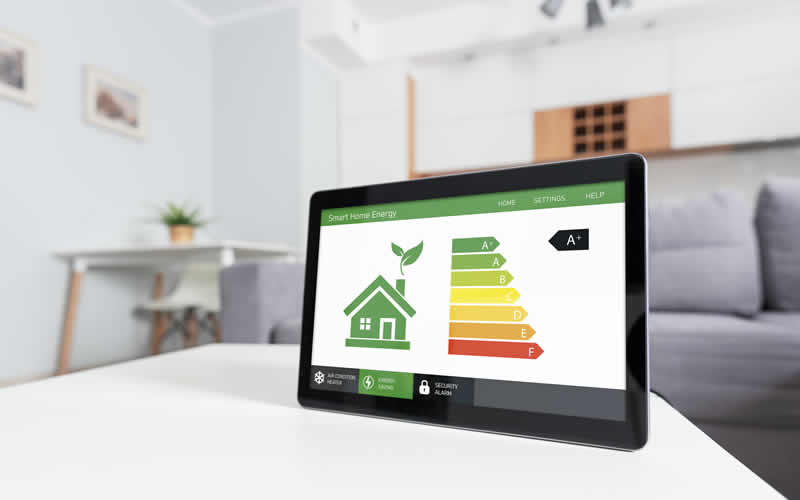
When purchasing a home, there are countless factors to consider, from location and price to the condition of the property. One often overlooked aspect, however, is the energy efficiency of the house. Energy efficiency certificates (EPCs) provide crucial information about a property’s energy use, its environmental impact, and how much it will cost to heat and power the home. For prospective buyers, this information is invaluable—not just for understanding future bills, but also for assessing the long-term value and sustainability of the property.
What is an Energy Efficiency Certificate?
An Energy Efficiency Certificate, or EPC, is a document that provides a rating of a property’s energy efficiency, from A (most efficient) to G (least efficient). It’s a legal requirement for any property being sold, rented, or constructed in the UK. The certificate not only rates the property but also offers recommendations for improving energy efficiency, which can lower utility bills and reduce carbon emissions.
The Role of EPCs in the Home Buying Process
1. Informed Decision-Making:
An EPC gives buyers an estimate of the energy costs associated with the property. This information is critical, especially in a time when energy costs are a major consideration for homeowners. Knowing the potential expenses helps buyers make a more informed decision, weighing the benefits of a lower purchase price against potentially higher ongoing costs.
2. Assessing Long-Term Value:
Properties with higher energy efficiency ratings are likely to be more attractive in the long term. As energy prices rise and environmental concerns grow, homes that are cheaper to run and more sustainable will likely hold their value better. For buyers, this means that an EPC can be a good indicator of the property’s future marketability.
3. Planning Upgrades:
The recommendations section of the EPC is particularly useful for buyers who are planning to make improvements to the property. It outlines the most effective ways to enhance the home’s energy efficiency, from upgrading insulation to installing solar panels. For those looking to make a smart investment, this can help prioritize renovations that will yield the best returns in terms of energy savings.
4. Environmental Responsibility:
An increasing number of homebuyers are considering the environmental impact of their living spaces. An EPC provides transparency about the property’s carbon footprint, helping eco-conscious buyers choose homes that align with their values.
How a Surveyor Can Present EPC Information During a Home Survey
When conducting a home survey, a surveyor plays a key role in presenting the EPC and explaining its implications to the buyer. Here’s how they might approach it:
1. Introduction to the EPC:
During the survey, the surveyor should introduce the EPC as part of the broader assessment of the property. They can explain the purpose of the certificate and its significance in the context of the home purchase, ensuring the buyer understands its importance.
2. Discussing the Rating:
The surveyor can then walk the buyer through the property’s energy efficiency rating, explaining what the letter grade means in practical terms—both for energy consumption and environmental impact. They might compare it with the national average to give the buyer a sense of where the property stands.
3. Highlighting Key Findings:
The surveyor should highlight the key aspects of the EPC, such as the estimated energy costs, CO2 emissions, and any major issues that could affect the home’s efficiency, like poor insulation or outdated heating systems. This is also an opportunity to discuss any red flags that could impact the buyer’s decision.
4. Recommendations for Improvement:
The surveyor can outline the recommendations provided in the EPC, offering professional insights into which upgrades would be most beneficial. They might suggest realistic timeframes for these improvements and discuss how they could enhance the home’s value and liveability.
5. Answering Questions:
Buyers may have specific concerns or questions about the EPC, such as the cost of implementing recommendations or the potential for government grants. The surveyor should be prepared to answer these questions or direct the buyer to resources where they can find further information.
Conclusion
Energy Efficiency Certificates are an essential tool in the home buying process, offering a detailed snapshot of a property’s energy performance and future sustainability. For buyers, understanding an EPC can provide peace of mind, guide investment in energy-saving upgrades, and support a more informed purchasing decision. Surveyors, by effectively communicating the contents of an EPC, play a crucial role in helping buyers navigate this aspect of their potential new home. As energy efficiency continues to grow in importance, the role of EPCs in property transactions will only become more significant.

















 Book a Demo
Book a Demo